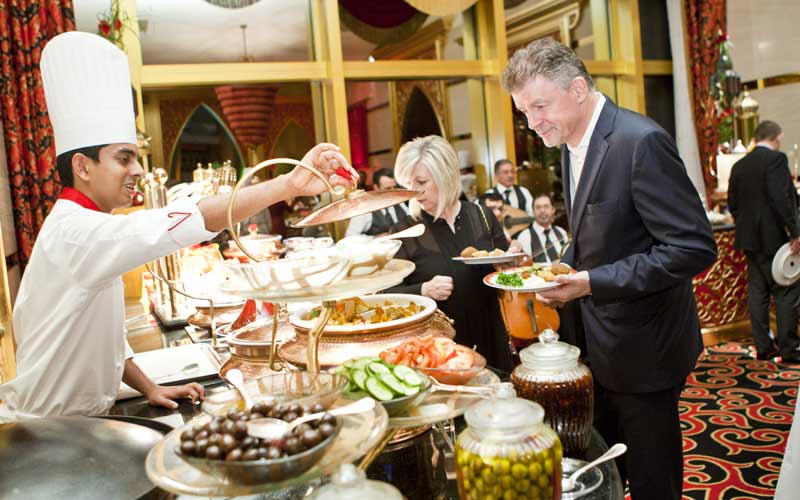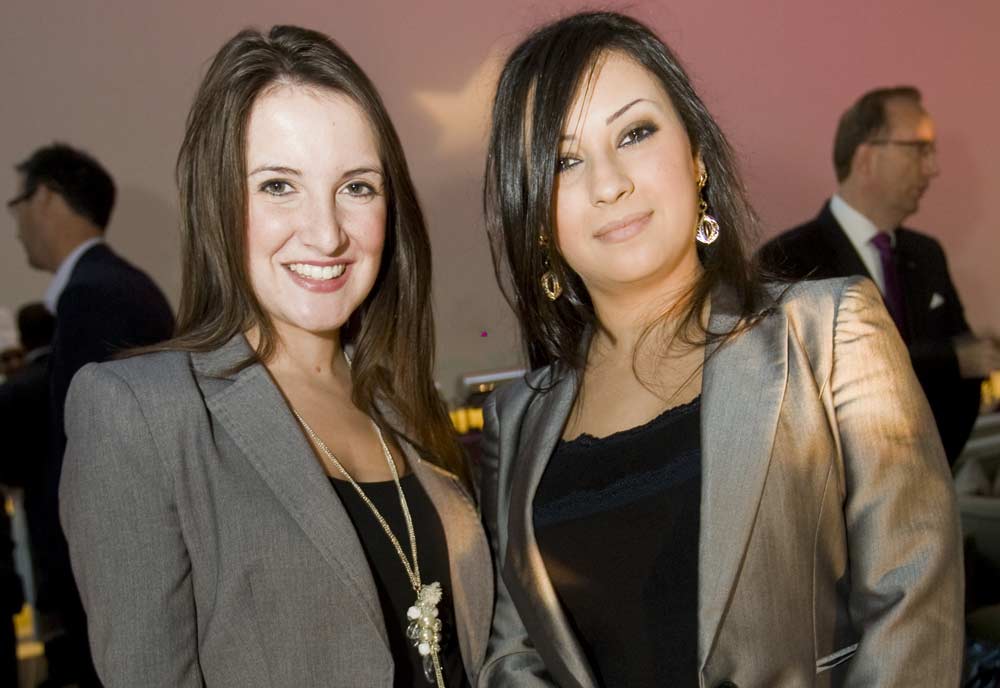As Ramadan falls earlier this year and is in line with the academic term end, operators say they are preparing for a tough summer ahead.
As many venues stop serving alcohol during fasting hours, the consensus is that the holy month brings losses for most of the industry and there is little, apart from early preparation and clear communication with visitors, that can be done to make up the shortfall.
Many, including Jumeirah Zabeel Saray and Hilton Dubai Jumeirah Resort and Residences will continue to operate their regular outlets with slight adaptations. For example, BiCE at Hilton will not serve lunch and all outlets will only serve alcohol after the sunset watershed. Jumeirah Zabeel Saray’s Voda Bar will only open from 8pm and its outlets will serve alcohol during dinner services.
EAM food and beverage, Jumeirah Zabeel Saray, Dirk Bansemer, explained guests, particularly local ones, are ready for such changes but it was important to maintain a “reasonable degree of normalcy”.

| Advertisement |
“What is important is to ensure that all of the dining options and changes are fully communicated to international in-house guests – who in a number of cases are experiencing Ramadan for the first time.”
One thing that has to be thought of, particularly when F&B during Ramadan isn’t generating much of a revenue, is how much space will be allocated to iftar buffets.
This year, Jumeirah Zabeel Saray is not converting the Metheran Theatre into a Ramadan tent. It will however offer three alternative restaurants for Iftar. At the Radisson Blu Dubai Deira Creek, two outlets will serve iftar buffets and Hilton Dubai Jumeirah’s Pachanga restaurant’s terrace space will be used for iftar as well as its ballroom.
Cluster F&B Manager, Hilton Dubai Jumeirah Resort & Residences, Julien Besancon, said to counter wastage problems and in order to effectively manage space, forward planning was essential.
“We try to gauge in advance what the number of covers will be whenever possible. We then add on approximately 20% to accommodate walk in guests which is the historical trend that we see for guests who walk in on the day for Iftar,” said Besancon.
Referring to the impact of not serving alcohol during daylight hours, he said it was “difficult to fill the gap with Iftar alone.” The hotel F&B outlets therefore promoted a range of other initiatives to boost revenues.
But even this can be challenging, explained bar and restaurant manager, Centro Rotana, Mohan Rajapakse. In previous years, the hotel hosted back to back iftar and evening brunches but this year chose not to offer either brunches or theme nights.
“This is due to the low number of covers we did outside of the Iftar buffet in previous years,” explained Rajapakse.
“We did reconsider keeping the theme nights after the Iftar buffet, but this would definitely increase our food wastage and would require extra manning for changing back to the theme night both the food and the setting of the restaurant,” he added.
The Radisson Blu Dubai Deira Creek would continue to offer such a service, replacing iftar dishes with international buffet ones, which president Emirates Culinary Guild and director of kitchens at Radisson Blu Dubai Deira Creek, Uwe Micheel felt “there was enough time to do.”
There was however a general acceptance that profits would be lower regardless of the initiatives.
The food revenue is very good but it does not make up for the absence of beverage sales, however we have this in mind during the entire year and manage to make up for this gap during the rest of the months,” concluded Rajapakse.










 Search our database of more than 2,700 industry companies
Search our database of more than 2,700 industry companies









